Erasmus in Bari: My Experience and Advice
Why did you choose to go to Bari, Italy?
I chose it mainly because my university didn't require an accredited language certificate. Yes, it's true that they recommend having prior knowledge of Italian before coming on your Erasmus exchange, but you don't need to get it officially accredited, unlike in other places like Munich, Bordeaux or Lille.
What was also decisive was that Bari had the option of a year-long exchange placement, whereas in Naples - another destination where the language accreditation wasn't compulsory - you could only stay for a maximum of 6 months.
In addition to this, I have friends that I've known for several years who live in Italy, so coming here would make it really easy to visit them.
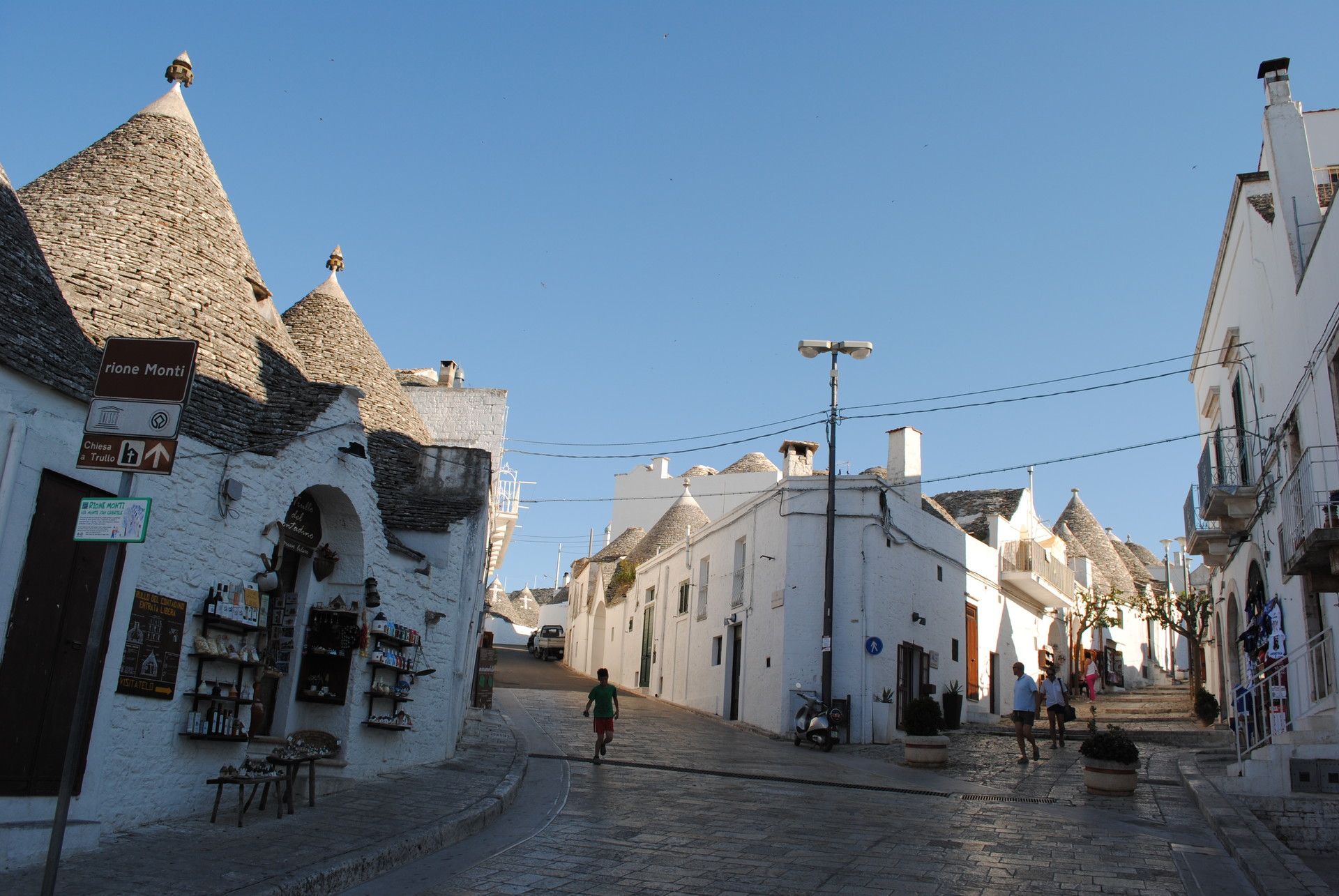
How long does your grant last for? How much money do you receive as financial support?
The grant lasts for exactly the same period of time that your exchange placement does. In other words, if your placement is for 6 months, you will receive financial support by means of a grant for 6 months, or 9 months if you were to stay for that long. I say "maximum" because year-long stays don't usually have full financing, well at least in Spain they don't.
So that it's a little bit clearer for you all, I will explain my situation:
I had personally secured an Erasmus grant for a stay of 9 months. The Spanish Government gave me a total of 2, 400€, which works out at 300€ a month for 8 months. In addition to this, I will receive approximately 2, 000€ from the Andalusian Government at the end of my exchange.
Obviously, these figures vary depending on the country you are going to (it's not the same situation if you go to Germany or France as it would be if you went to Poland or the Czech Republic), the region of Spain you come from, and if you already receive any other type of grant.
Also, you have to bear in mind when the financial aid will arrive. The government has a grace period of a maximum of four months from the moment that the university confirms your arrival to transfer at least 80% of the grant to your account. However, each autonomous community has different timeframes for the transfer of your money.
Also, there is also the possibility of receiving private funds through both commercial and savings banks, who offer their own grants to students, so, it never hurts to just apply for a couple of extra ones, even if you don't think that they are going to give you anything.
What is student life like in Bari?
It's great!
Obviously, I cannot compare it with university cities, like Granada or Salamanca in the Spanish case, and other big Italian cities like Rome or Bologna, but this is what makes doing your Erasmus exchange in Bari special.
As we are few and far between as international students, many activities are organised for us so that we can better get to know the Italian culture, as well as other dedicated for the Italians to get to know our culture too. These activities include things like: language tandems, European dinners, BBQs, talks, exhibitions, and a never-ending list of parties, all of which combined makes it very difficult for you to be bored in the city.
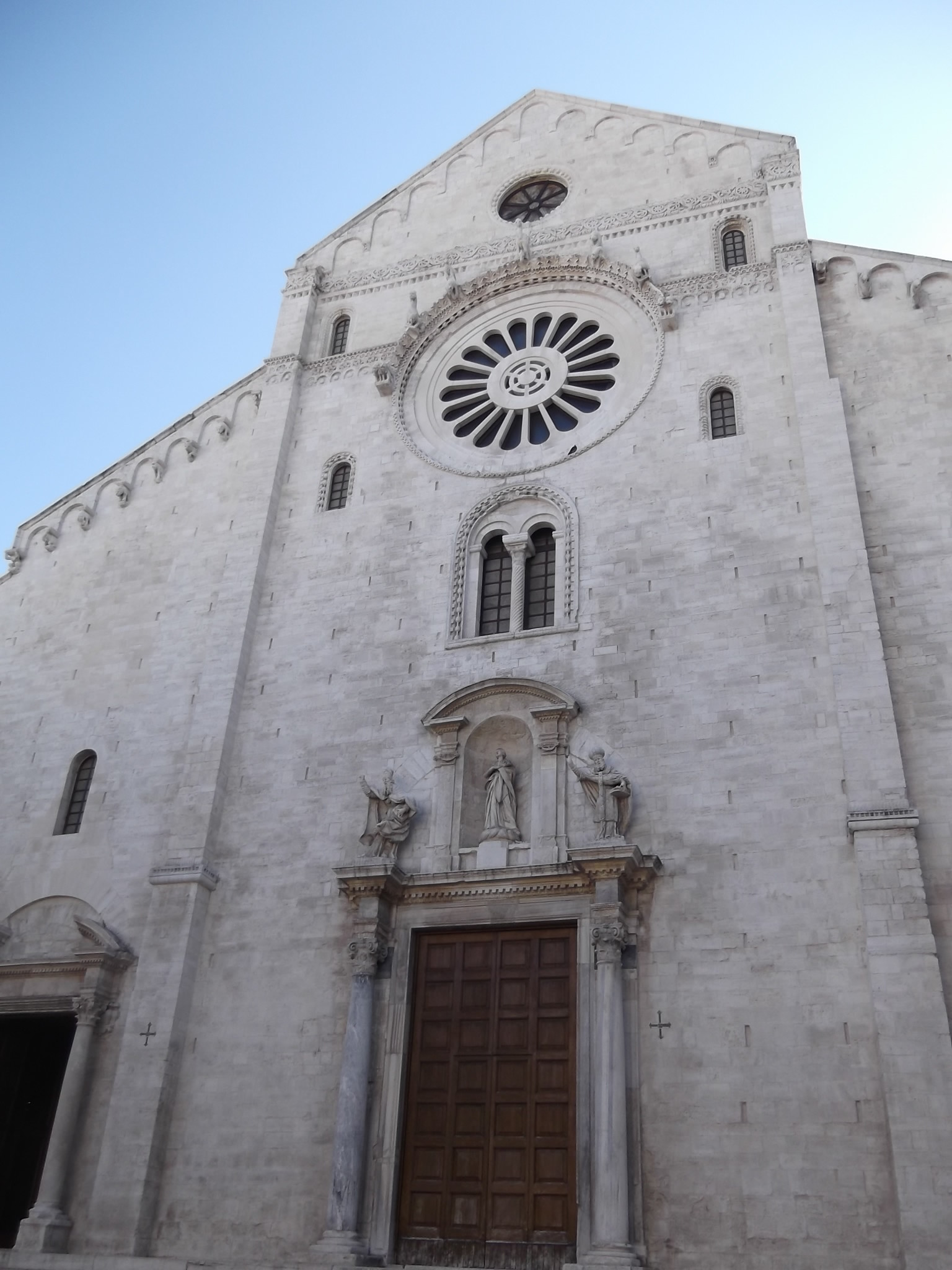
What is the food like in Italy?
With Bari being an Italian city, I don't think I have to do much explaining... The food is great: there is an infinite variety of pasta, cheese, and cold meats, which are a delicacy.
For those who want to discover a bit more about the typical food in Puglia (the region in which Bari is located), there is a restaurant which, for a fixed price of 10€, provides you with as much to drink as you want during dinner as they serve you dishes of typical, local cuisine to share, along with a pizza each, and, to finish off, a shot of limoncello.
Was it difficult for you to find accommodation in Bari?
Honestly, no. I found a flat before arriving in Bari thanks to some acquaintances that I knew studying here, so it was easy to get in touch with the landlord and then "reserve" the flat. Once I arrived here, I saw the flat and we loved it, which meant that the only thing I had left to do was to sign the contract.
Anyway, there are several associations that are at the disposition of the Erasmus students to help them with their flat searches, whether that be through language interpretation or resolving problems/doubts that you have with the contracts. Obviously, it's not a free-for-all of lawyers, but they do a great job. An example of this type of association is ESN, which dedicates itself to helping new Erasmus students with accommodation during the first few months of each semester.
How much does it cost to live in Bari?
Living in Bari is not extremely expensive (but this obviously depends on where you come from).
Rent prices for flats vary between 200€ and 300€ a month for an individual room, and between 150€ and 200€ a month for a shared room. Bills, like water, electricity, and gas, are paid every two months. I share a flat with three other guys, and we pay around 140€ every two months for bills (which works out at 70€ a month). Then you have the cost of grocery shopping, which varies from person to person, but the prices at the supermarket are similar to those in Spain (some things are more expensive). Going out for dinner is quite affordable: pizzas cost between 3€ and 7€, and drinks (water, beers, soft drinks) are priced between 1€ and 3€. In Bari, 'panzerotti' - little pies made of pizza - are also very popular, which are cheap and are available with a wide variety of ingredients.
So, if we add all of this together with parties, nights out and other potential expenses, at the end of the month we would be spending an amount anywhere in the region between 500€ and 600€.
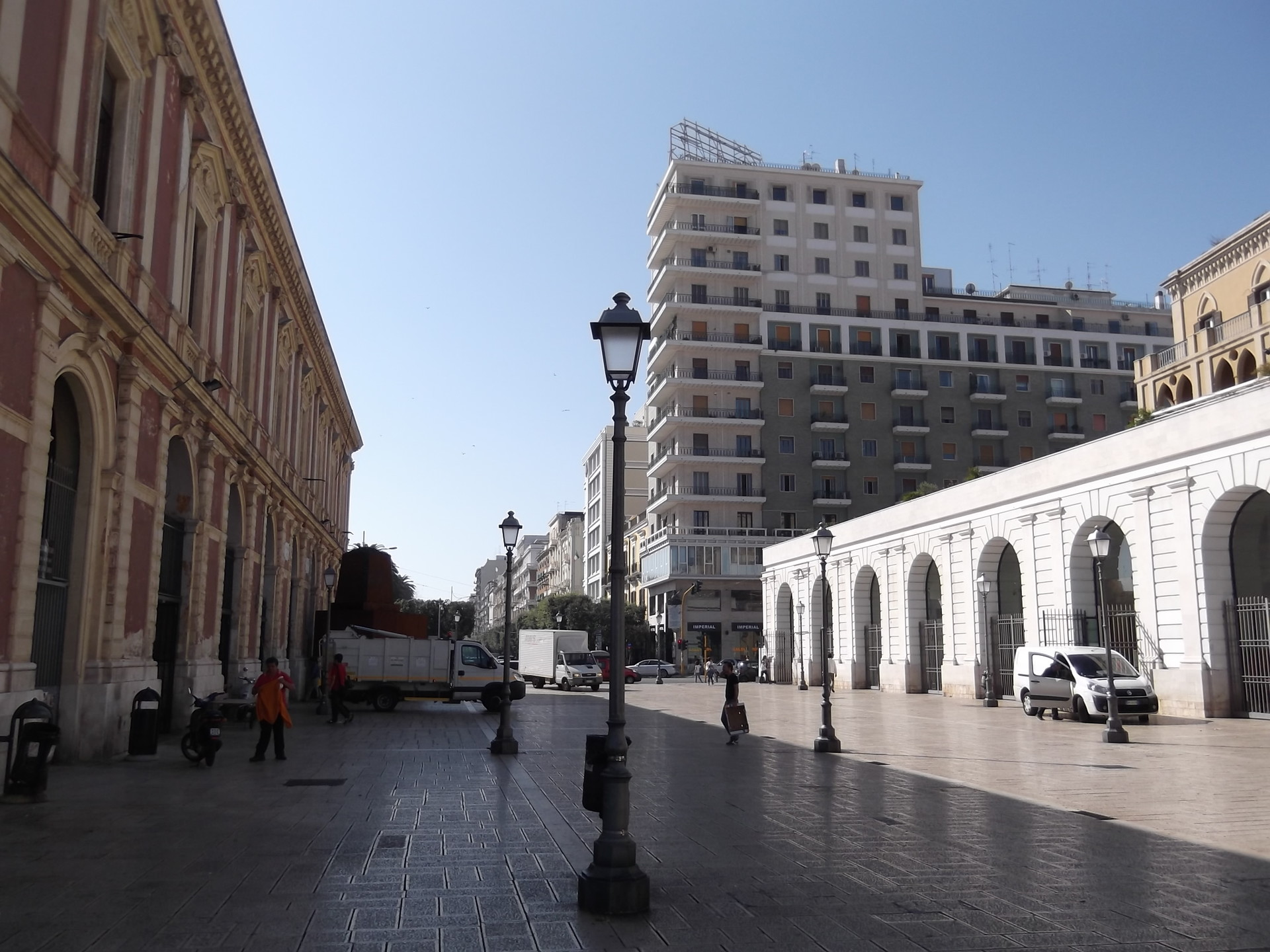
What is the language like? Did you attend any language classes at the university?
The language really depends on you as an individual. Here there are people who came without knowing anything at all and now speak perfectly, whereas, there are others who came knowing some things and still continue to make the same mistakes...
It's true that Italian and Spanish are similar, but you have to commit yourself to learning the language because, being in a Southern province, the accent is a little harder to understand compared with that of other Italian cities.
What is the cheapest way from getting to Bari from your city?
By plane, without a doubt.
I am from Granada, so my main option is fly from Malaga and then make a stop in some other city, or travel to Valencia and take a direct flight.
I have always travelled the same route, Malaga-Rome-Bari, with Ryanair. The prices for one-way tickets on the following routes can fluctuate between 40€ and 80€: Malaga-Rome, Malaga-Milan, and Malaga-Bologna. The cheapest way within Italy to get to Bari is from Rome, which works out at around 15€ one-way. So, in total, the cost of the journey would be, at its cheapest, around 50€-60€.
With this, however, you have to bear in mind the additional cost of luggage, if its the first time you are going or the final time when you are coming home, and the dates that you choose to fly on.
Anyway, if you don't mind having to stop during your journey, you can find longer, but cheaper routes, where you could save some 20€ per journey.
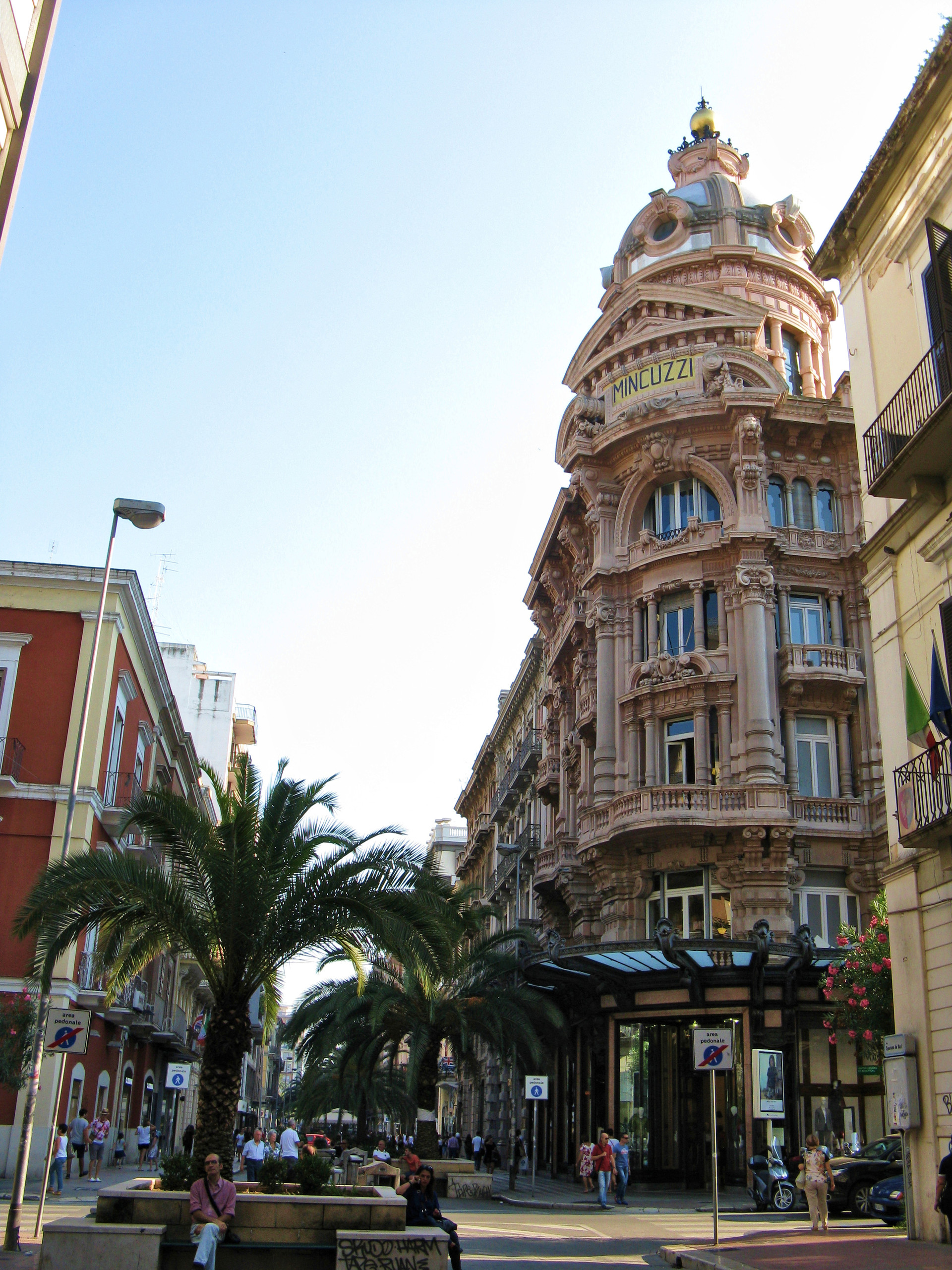
Which places would you recommend for nightlife in Bari?
In Bari, the range of nightclubs to choose from is reduced if you are looking for a, specifically student-orientated atmosphere.
Nights out start and end early here (the Italians and the other Erasmus students usually go out between 8pm and 9pm, and go home between 2am and 3am). For us Spaniards, this is an insult!
But don't worry, there is usually a solution to this problem:
First, you could choose to go to Piazza Mercantile, the main square in Bari's Old Quarter, where students and non-students alike meet up to drink beer and chat. In Italy, it's legal to drink in the streets and... there are two shots stands, several pubs and many different fast food places, so you can hope to spend many a great night here.
Another option is to have parties in people's flats. This is already a slightly trickier option because the laws here are not like those in Spain, where you are free to make noise until midnight, but instead, neighbours can call the police as soon as your noise begins to annoy them. The normal thing to do in these situations is to have a party until around 11pm or so and then move the party somewhere else (this usually ends up being Piazza Mercantile).
There are also the parties hosted by different organisations in the city which are adapted a bit more towards the Spanish partying 'schedule', so to speak, with parties ending at around 5am in some cases.
And eating out in Bari? Can you name your favourite places?
You can find restaurants and other eateries all over the city. As a student, I don't usually go to restaurants, so instead I am going to tell you the best places to get food to take away and enjoy it elsewhere:
As I mentioned earlier in the section about Italian food, there is a place called "Il Rustico", where, for 10€, you can try all the typical dishes of the region, in addition to a pizza of your choice and a shot of limoncello.
Mastro Ciccio: it's situated very close to Piazza Mercantile. It has a huge variety of pasta, pizzas, and sandwiches, all at quite reasonable prices. It's compulsory to go at least once while in Bari.
Gusto Giusto: this restaurant can be found in the same square, Piazza Mercantile. It has a wide variety of pizzas and panzerotti. It also has an offer for Erasmus students with an ESN card, which entitles them to a Margarita pizza, a panzerotti, a drink and some frittelli (empty panzerotti) for 4, 90€.
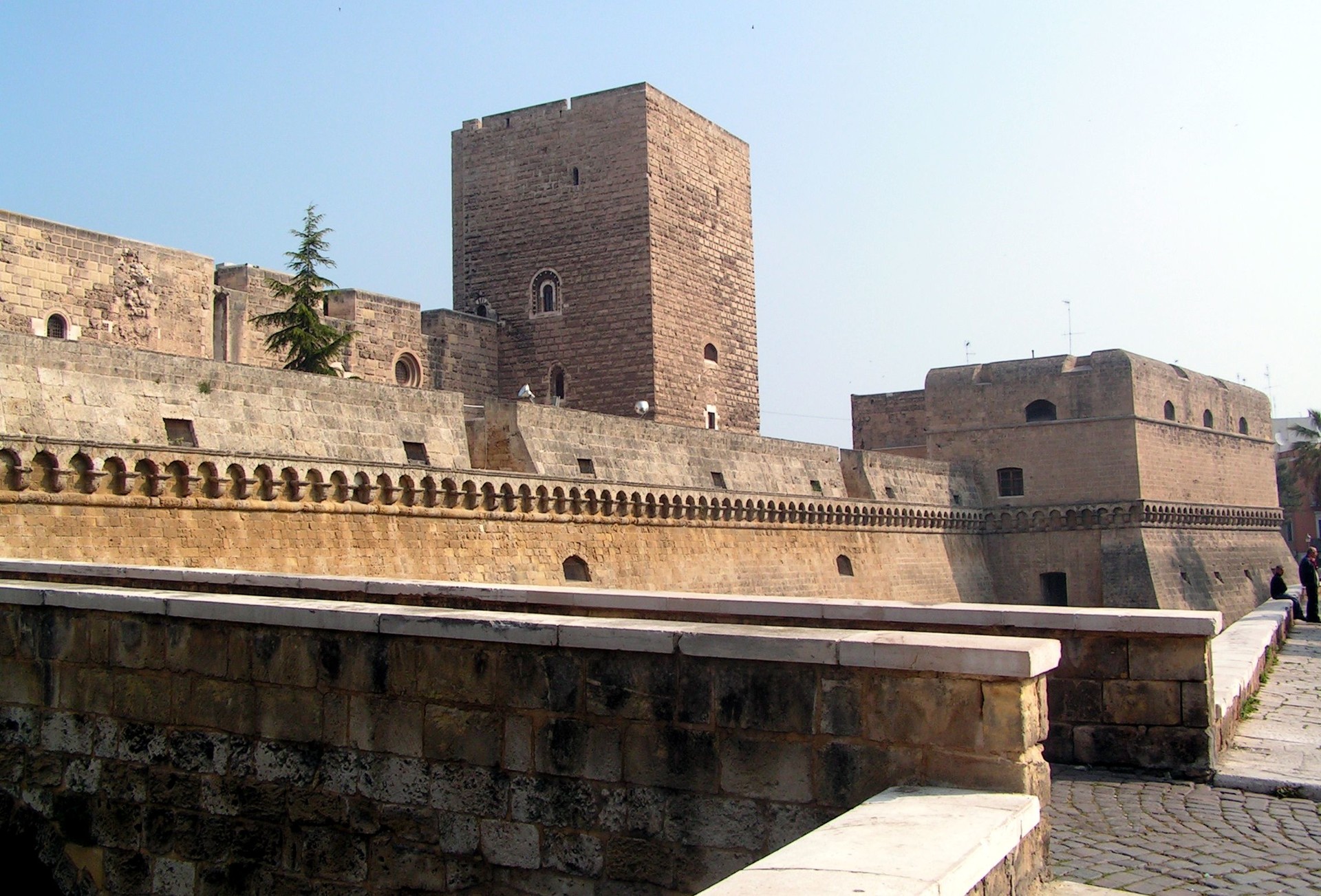
And cultural hotspots?
The fact is that Bari is not a beautiful city, with the exception of its esplanade. Bari Vecchia, the old quarter of Bari, is the best thing that the city has to offer, with its different monuments and churches. Aside from that, the city is quite boring.
However, Puglia, the region in which Bari is located, has lots of very pretty villages: Monopoli (no, not the board game), Polignano a Mare, and Alberobello, to name a few. If you search for them on Google, you will see what I am talking about.
Would you recommend the city to other students?
Definitely. It's been a great decision choosing to do my Erasmus exchange here. Although the city is not very beautiful, the people and the food more than compensate for it. Bari is very well-connected with the rest of Italy and Europe (read below for more information about this), which makes it an ideal city to live in for your Erasmus placement.
Extra information (bonus tips):
Climate
The climate in Bari is very similar to that of cities like Malaga, for example. With it being situated close to the sea, the temperatures become a little milder. In summer, you can quite happily wear a t-shirt and shorts during the day, but in winter, it's quite a different situation. With the sun rising and setting so early (there is daylight from 7am to 5:30pm more or less), you spend the majority of your time in semi-darkness. Besides, at the start of this year, it snowed heavily, so I wouldn't completely trust the weather and would perhaps bring warmer clothing in your suitcase too.
People
The Italians are both equally similar and different to the Spanish. At first, they are usually somewhat reserved and cold. Once they start to trust you, they start letting their guard down a bit, but they don't usually reach the same level of intimacy as the Spanish do. I am talking, of course, about the Italians, which has nothing to do with the world of Erasmus students.
The Italians that are part of some student association, like ESN, are the same as the Spanish: always with a good sense of humour, chatty, and always ready to party.
Obviously, there are exceptions, but, generally speaking, it's like this.

'Codice fiscale'
I recommend that one of the first things you do after arriving in Bari is get the 'codice fiscale'. It's like the Italian equivalent of the Spanish DNI. You will need it for a variety of things, from renting a flat to being able to get beer from vending machines (more information about this below in "parties").
Flats
With student flats, you have to be careful from the very outset. They are usually quite old, and often neglected, flats, so you have to keep an eye on what things are paid for and those that you have to pay for yourself.
You also...
If you are only going to be in Bari for one term, you also need to check whether the contract is drawn up for the rent to be paid for as a whole or the costs are divided by the individual rooms, as it's possible that you could lose the deposit.

Before and after parties
It's 4am and it's time to go home, but you are really hungry... what do you do?
You can choose to go to a panemerda, which are food trucks that park next to the esplanade and offer a wide variety of burgers and hot dogs (amongst other things) for those with the midnight munchies.
Trips
This is, without a doubt, the most loved part of going on an Erasmus exchange: the possibility of travelling.
Bari is located in a fantastic place from which you can get to know Europe. There are four options with regards to travelling from here:
- 1. By plane
- 2. By train
- 3. By bus
- 4. By ferry
Various low-cost airlines operate out of Bari Airport, amongst them Ryanair and WizzAir (I hadn't heard of the latter until I arrived here).
By flying with Ryanair, you can travel to several European capitals, like Paris, Rome, Milan, and Brussels for less than 20€ one-way. In addition to this, if you decide to make a stop in Rome or Milan, you can find routes to Greece for incredible prices (like 4€).
Some of the journeys that I have done have been: Bari-Malta, for 30€ round-trip; and Bari-Milan-Eindhoven-Malaga, which cost me 75€ in total for all of the flights.
To visit Eastern Europe, I recommend WizzAir. You can fly to Budapest (Hungary), Sofia (Bulgaria), and Vilnius (Lithuania), amongst other cities, at a really low price. An example of this is the trip that I took with my friends to Cluj-Napoca (Romania), which cost 20€ round-trip from Bari.
The trains in Italy work really well, and it's the most recommended way of getting to know the villages and towns close to Bari.
To go to the north of Italy, the prices are a little more inflated than they are using other modes of transport, like the bus, but the comfort of the train often makes it worthwhile spending that little bit more.
Flixbus makes travelling around Europe by bus very easy and very cheap. You can easily find tickets for journeys between Bari and Naples for 7€ or 8€.
To travel to the north of Italy, I think buses are the most suitable option in terms of being cheaper, and there is usually enough space so you can sleep during the journey.
This is the lesser known option, but if you want to travel to countries like Albania, Montenegro, or Croatia, you should take it into consideration.
(For more information about the journeys and routes that I have done, I invite you to read the rest of my blog.)
Photo gallery
Content available in other languages
Share your Erasmus Experience in Bari!
If you know Bari as native, traveler or as exchange student... share your opinion on Bari! Rate different characteristics and share your experience.
Add experience →

























Comments (0 comments)